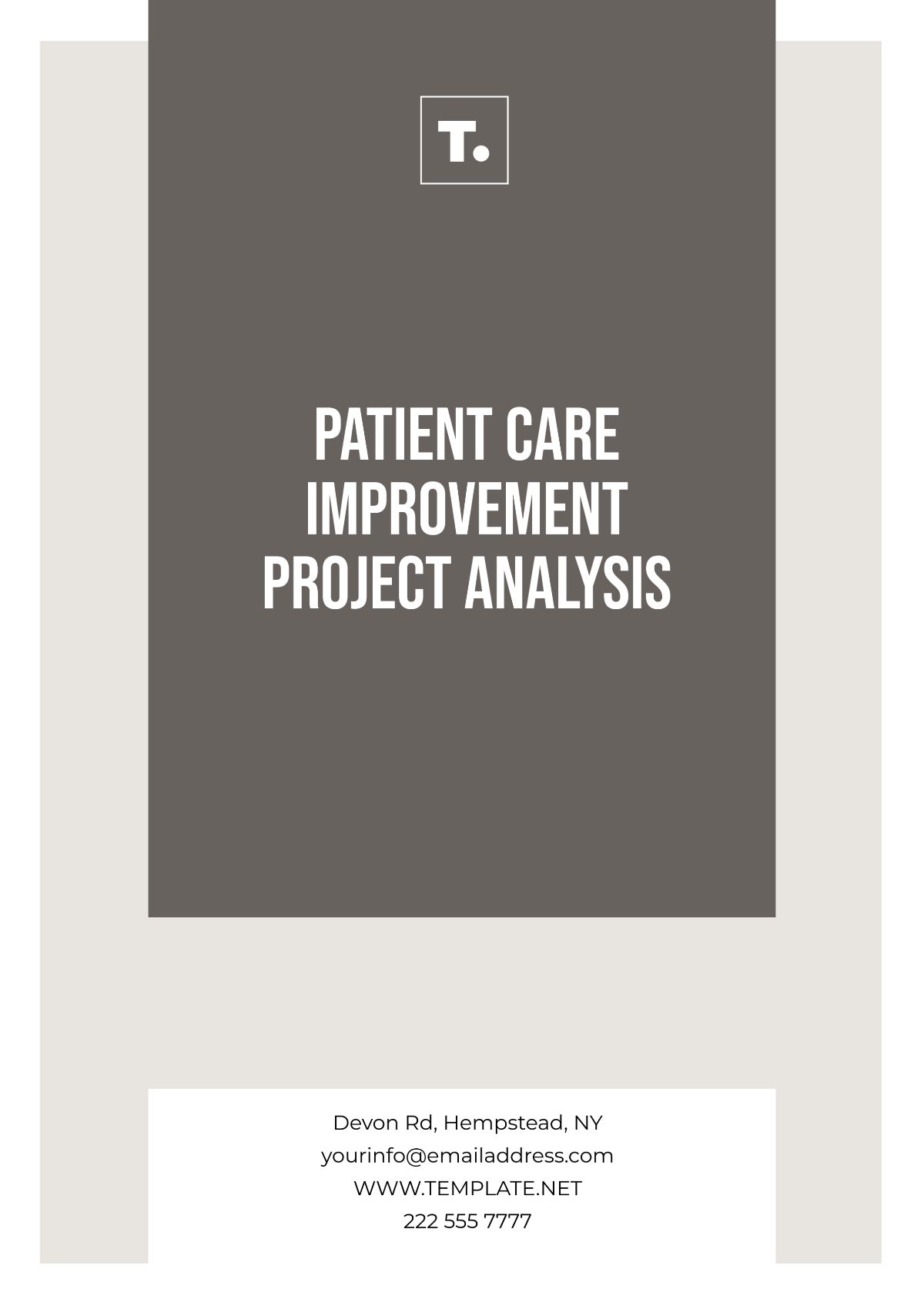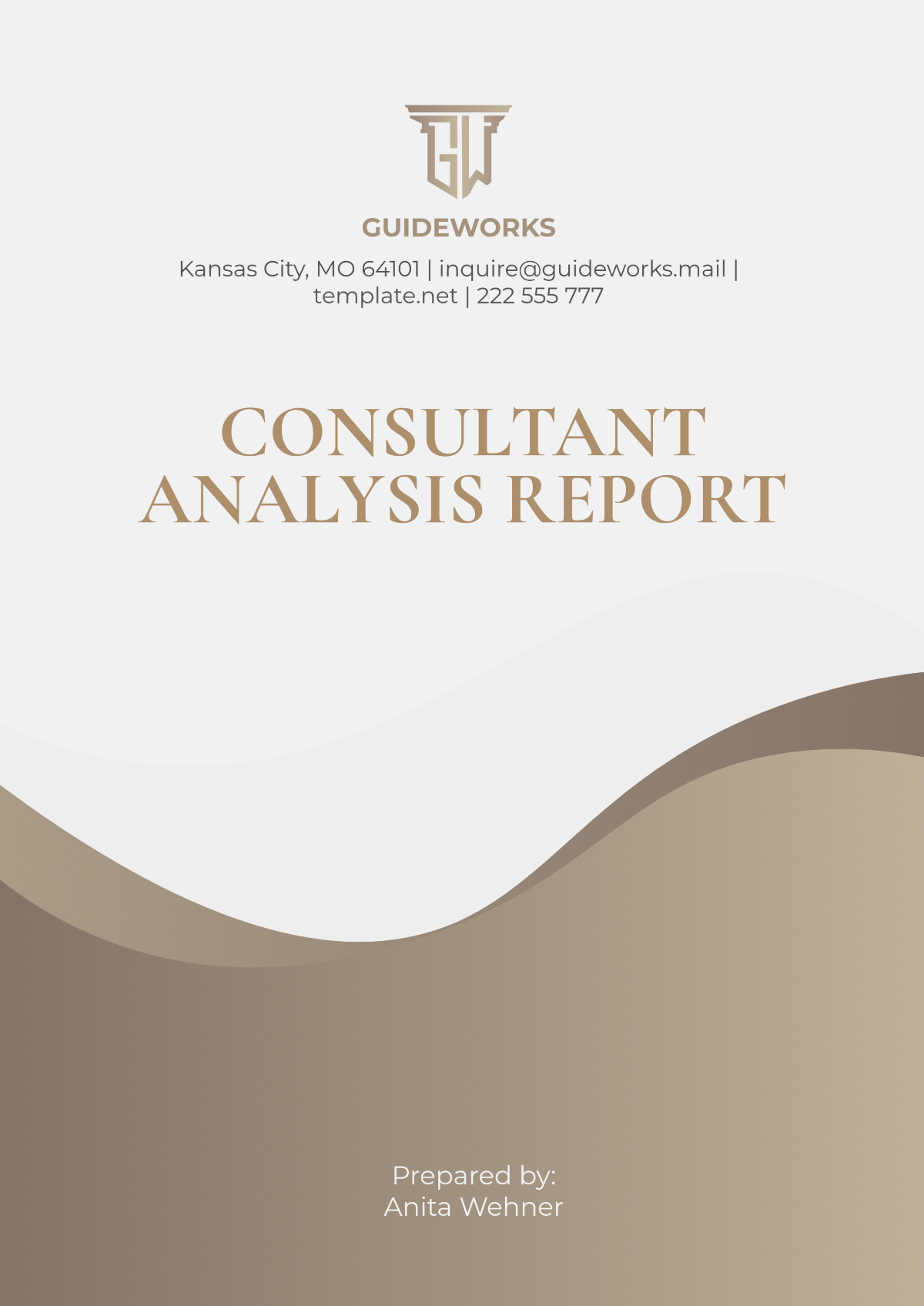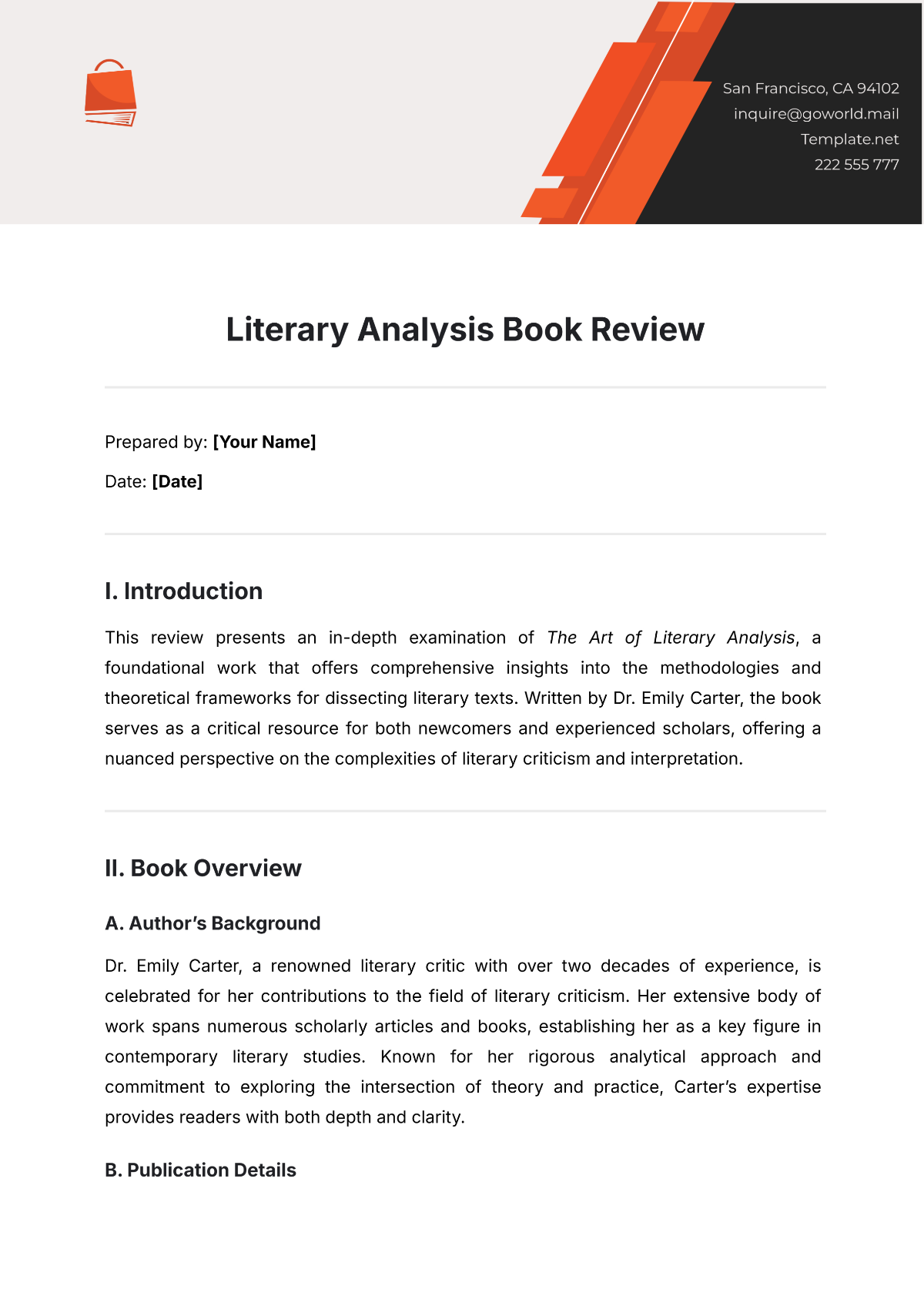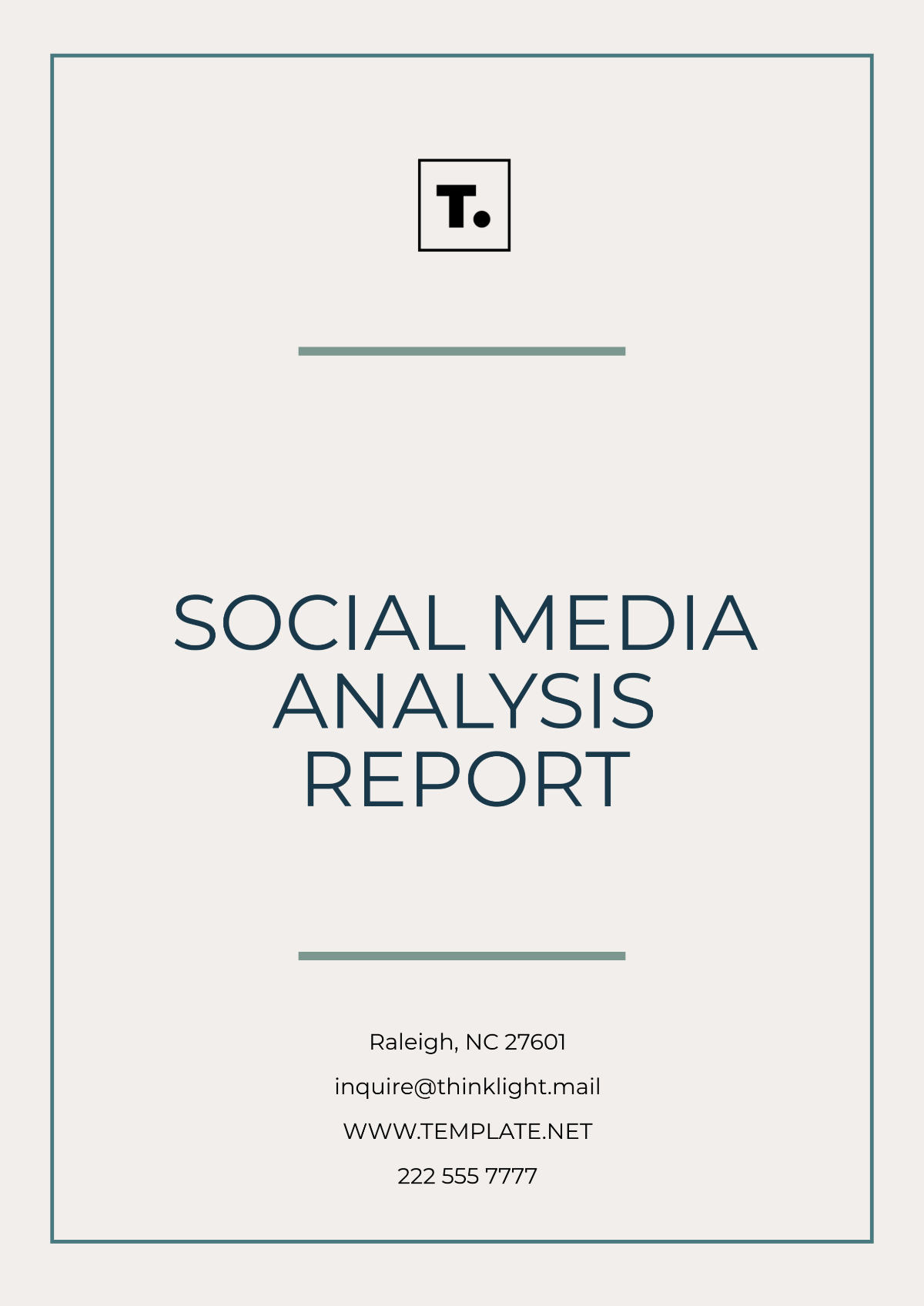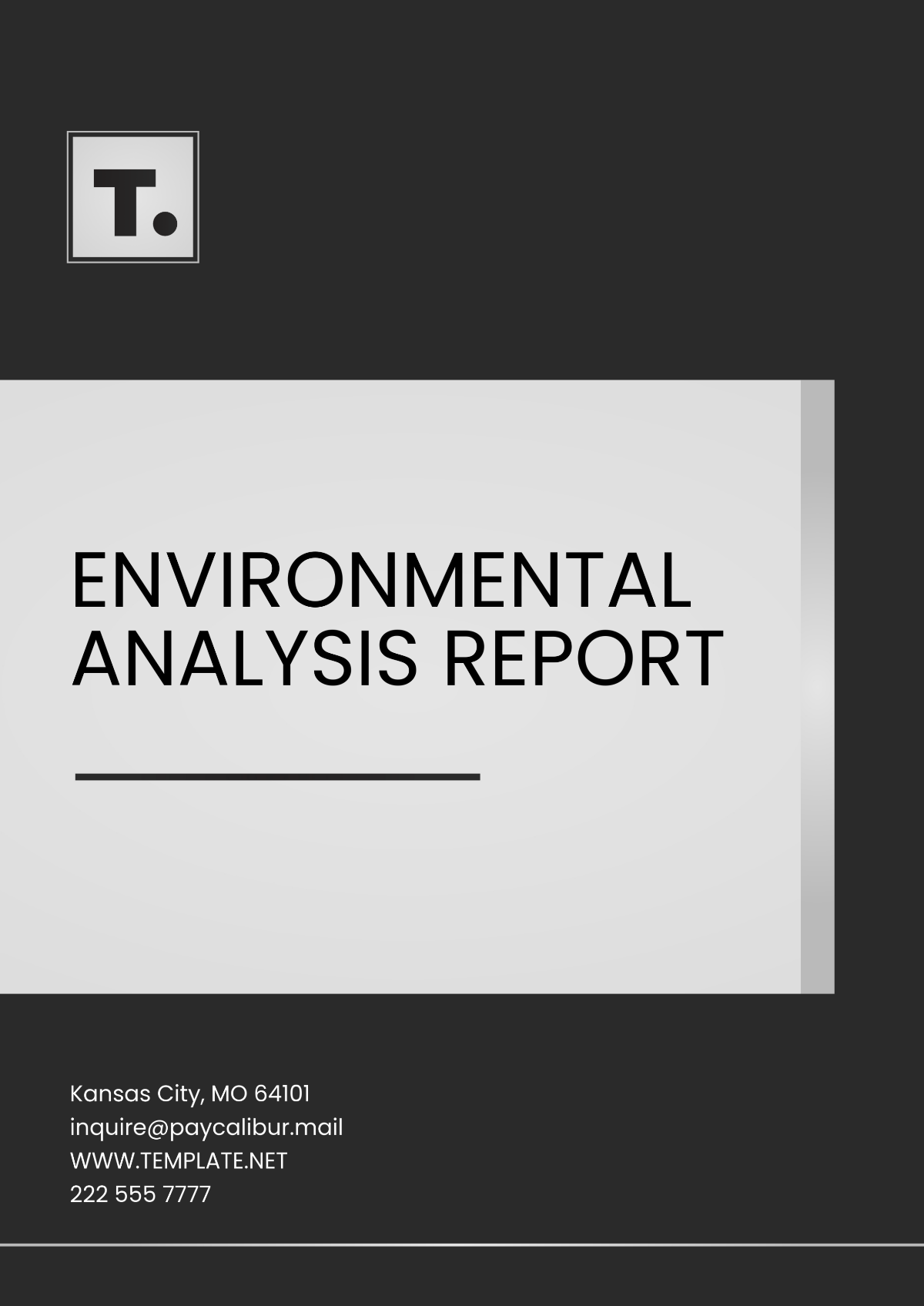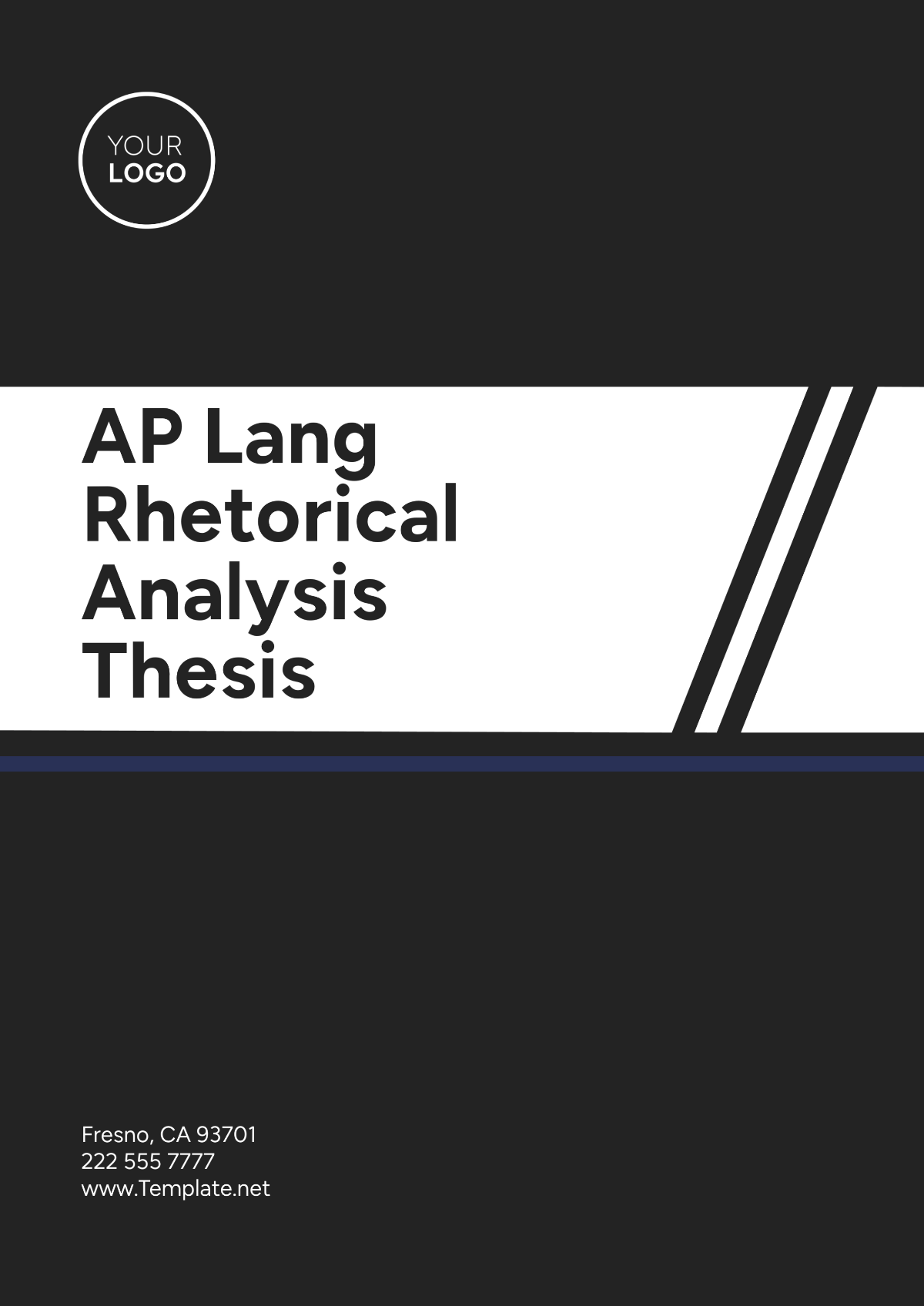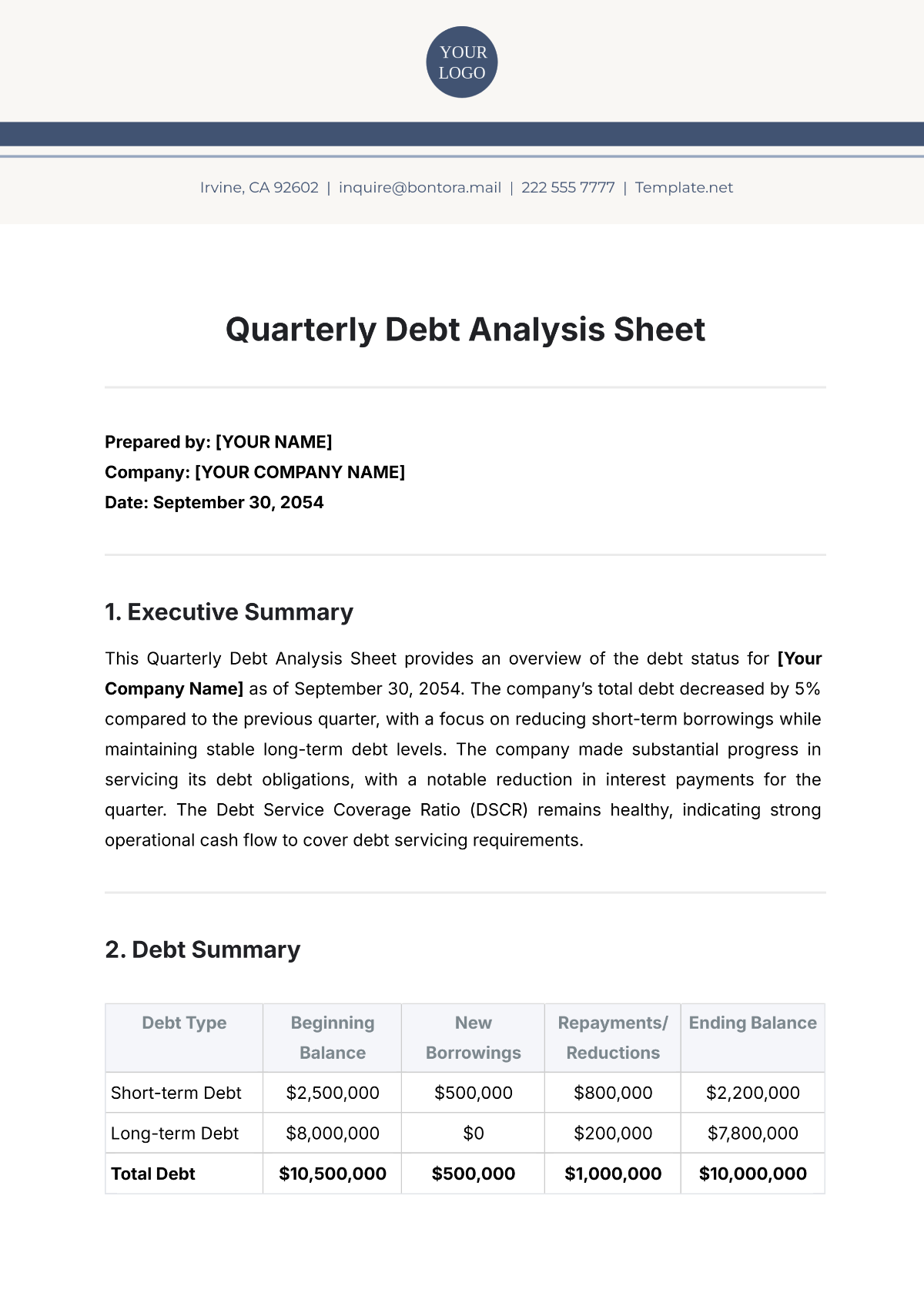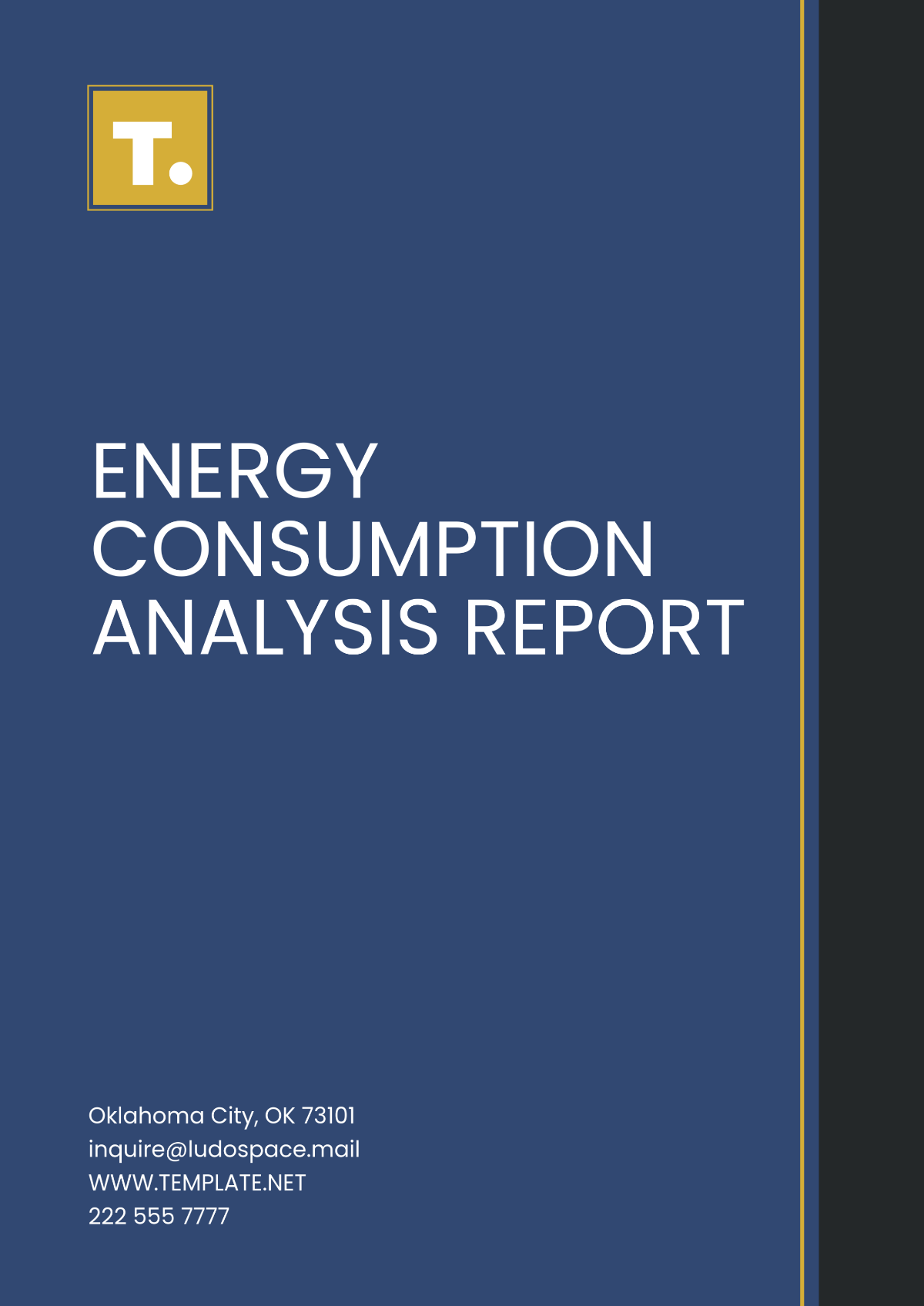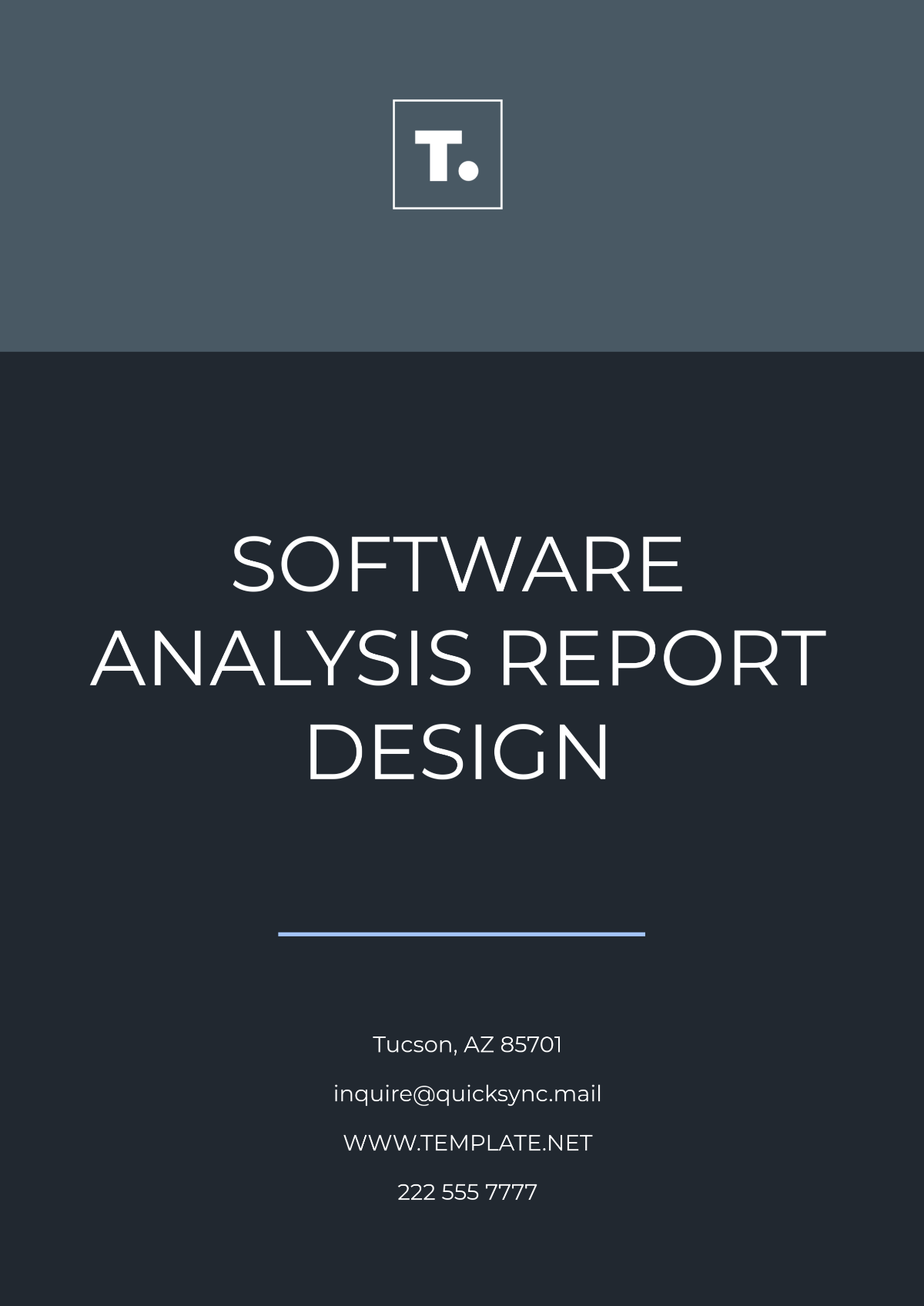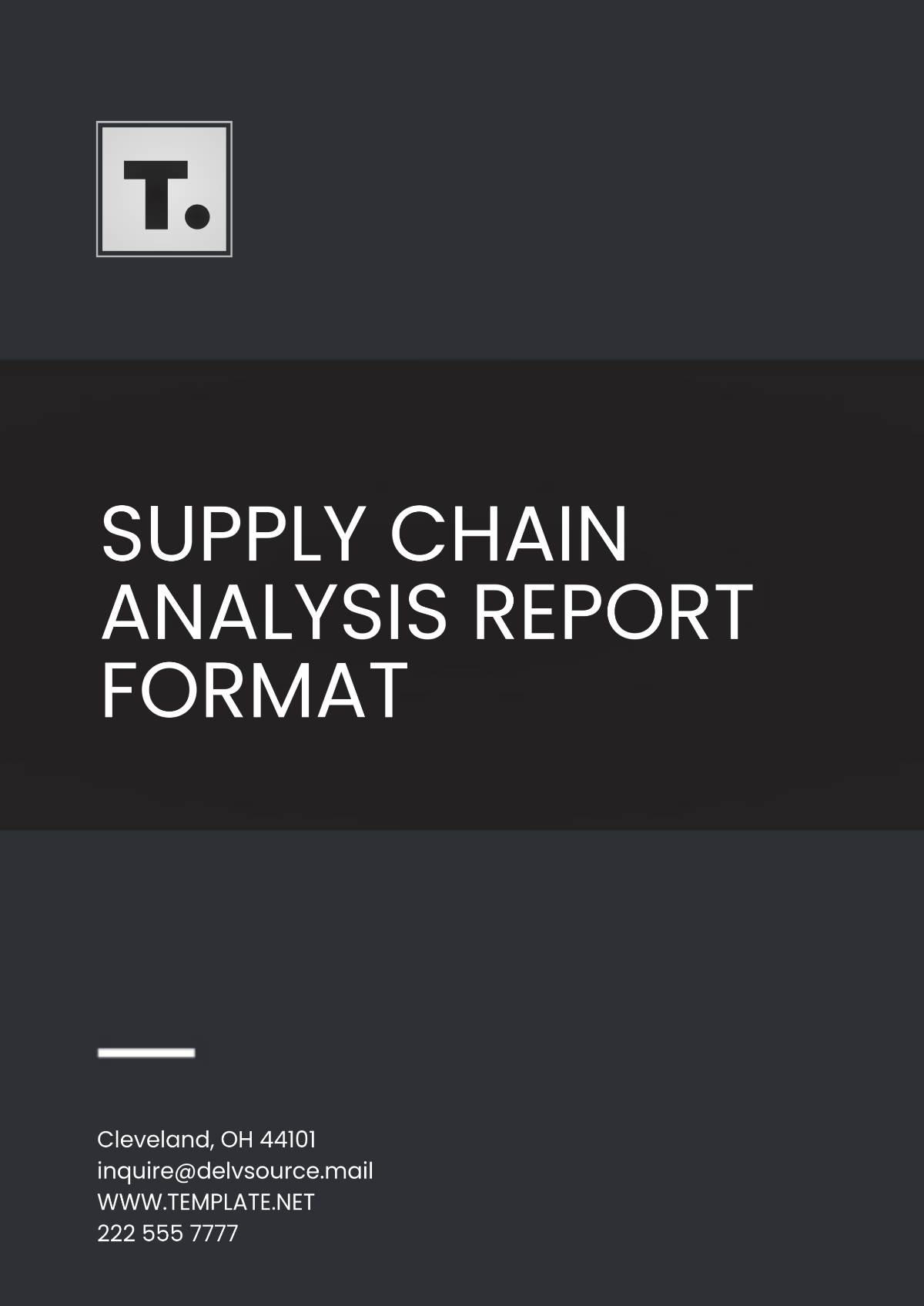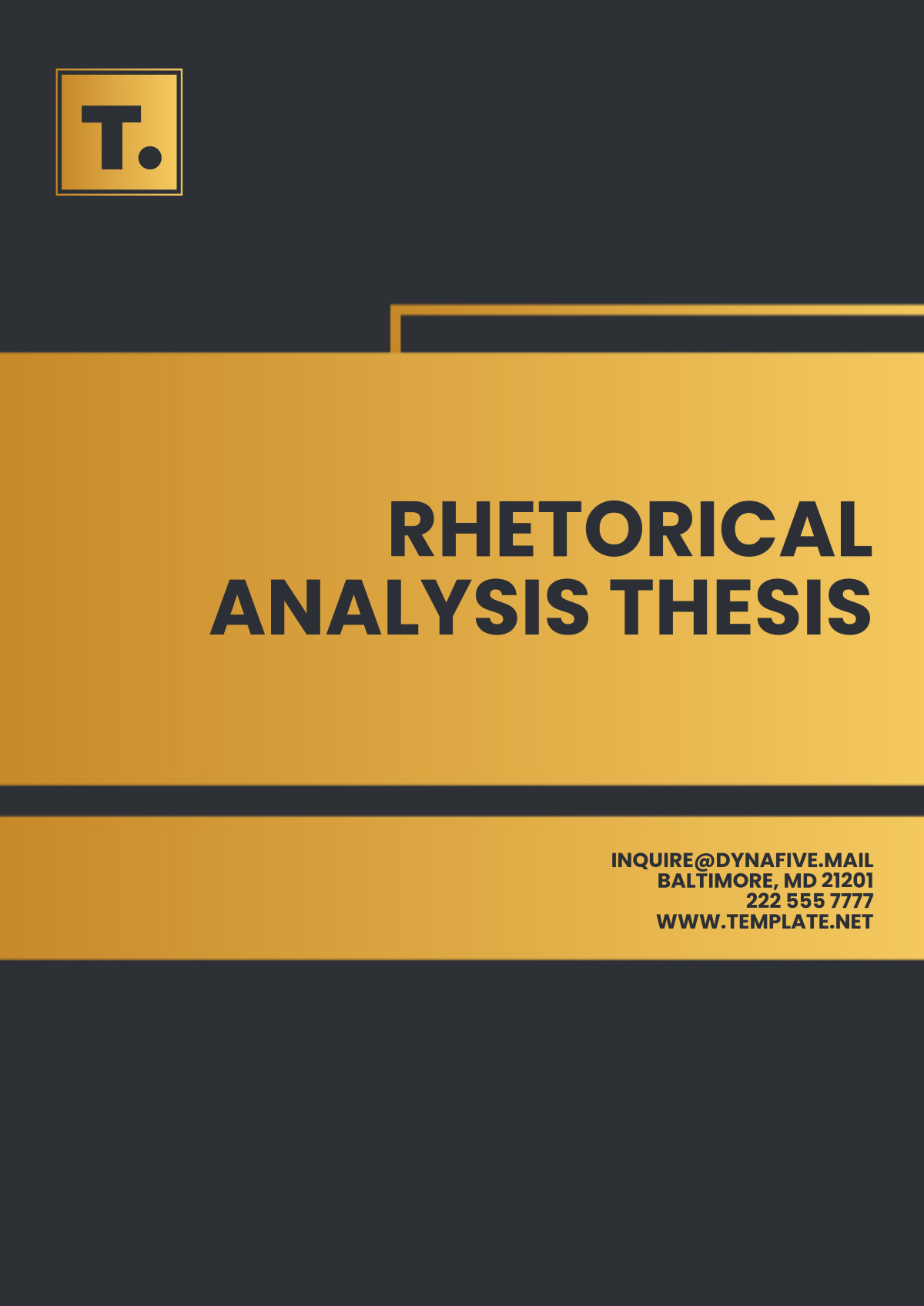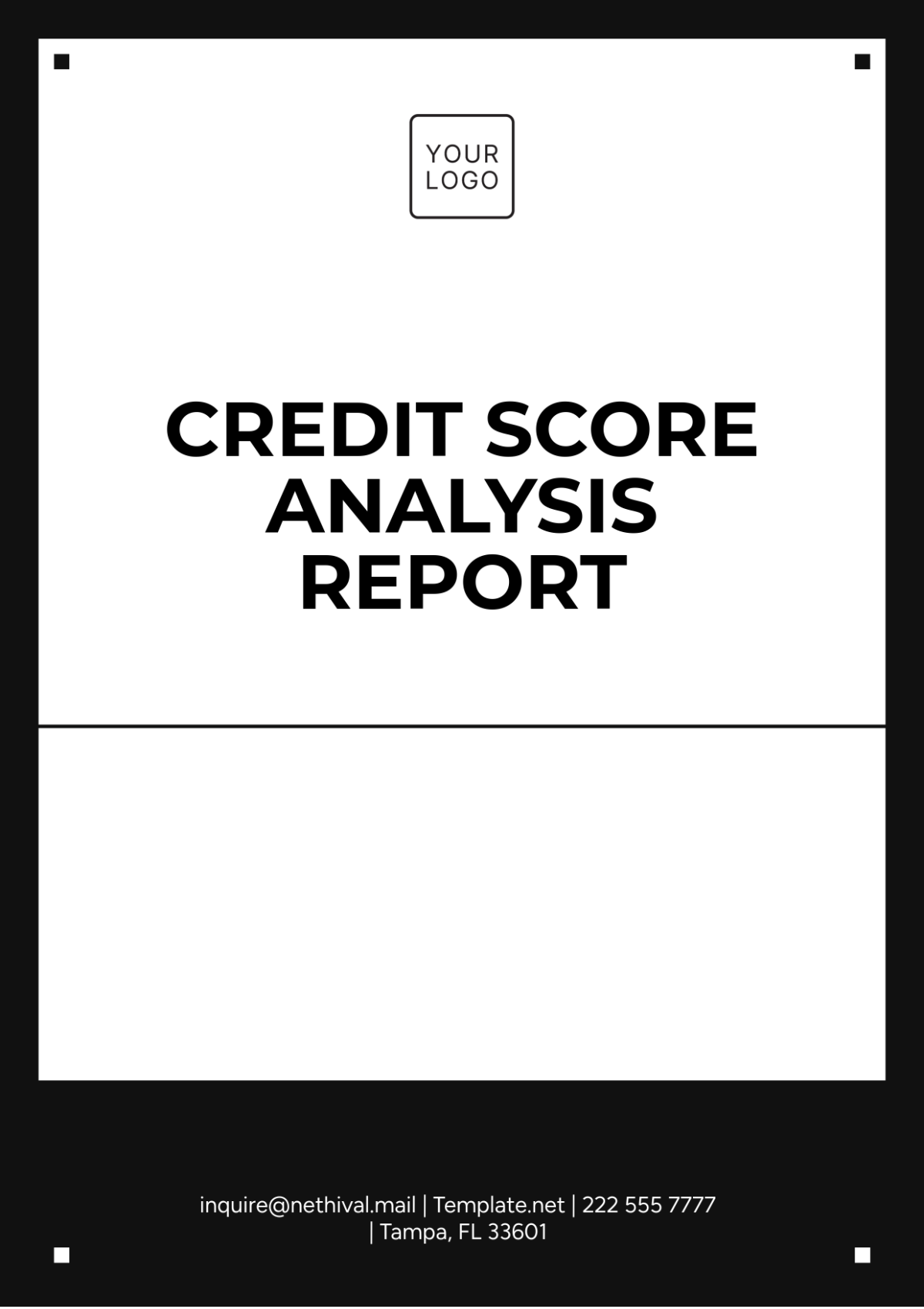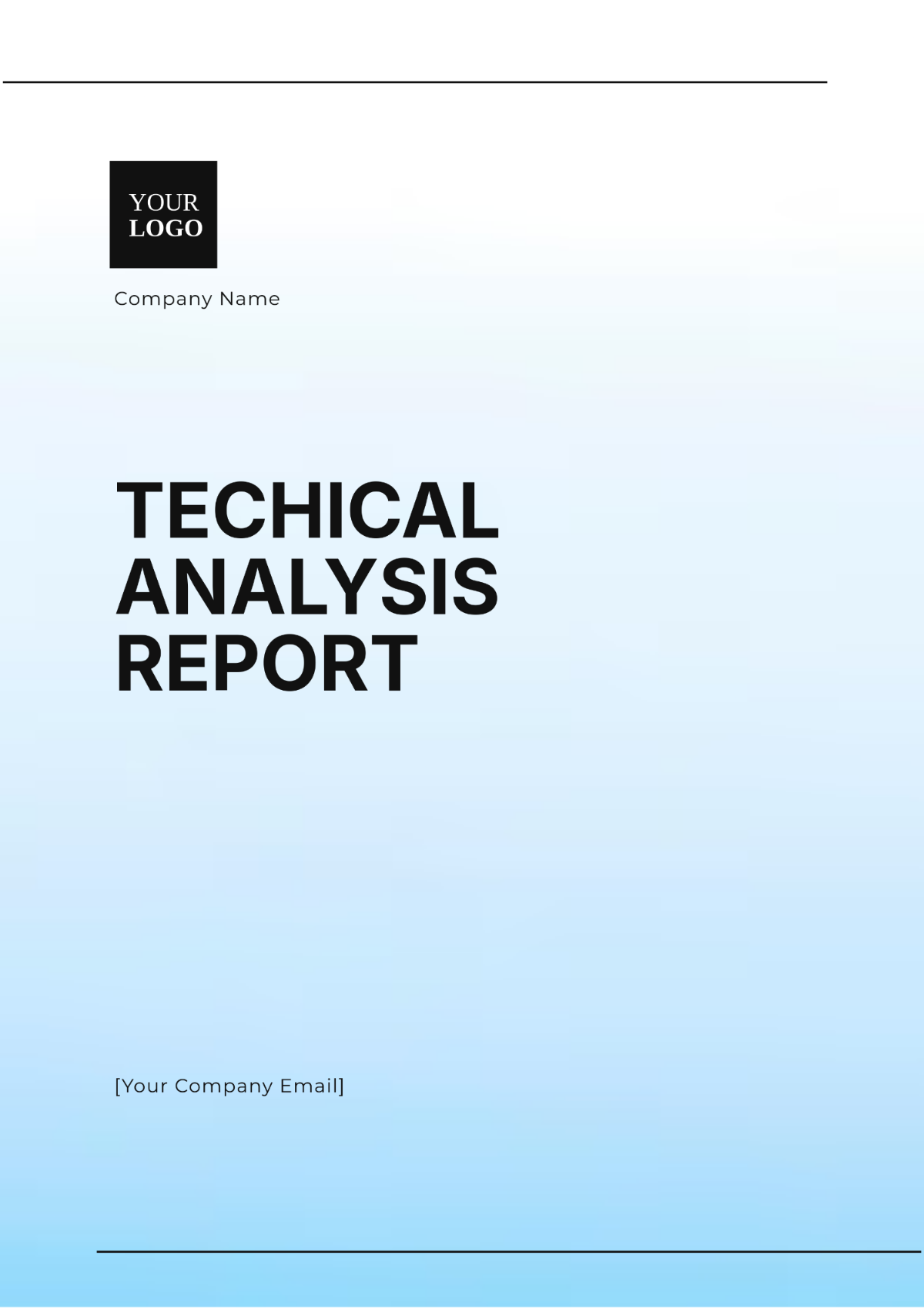Thesis Outline in Rhetorical Analysis
Introduction
Preparing for extensive research work involves mastering various analytical techniques, among which rhetorical analysis stands out as a pivotal tool. Research papers offer a structured medium to delve deeply into rhetorical strategies, enabling researchers to refine their analytical skills.
Understanding Rhetorical Analysis
Definition and Importance
Rhetorical analysis examines how authors convey their messages effectively to their audience. It involves analyzing the use of rhetoric, which includes ethos, pathos, and logos. Understanding these elements is crucial for conducting a comprehensive analysis.
Element | Description |
|---|---|
Ethos | Appeal to the author's credibility and character |
Pathos | Appeal to the audience's emotions |
Logos | Appeal to logic and reason |
Applications
Applying rhetorical analysis in research papers can significantly enhance the depth of analysis in the following ways:
Identifying persuasive strategies used by authors.
Understanding audience engagement and response.
Evaluating the effectiveness of arguments presented.
Methodologies for Analyzing Research Papers
Selection of Research Papers
The first step involves selecting the right research papers that offer rich content for rhetorical analysis. Criteria for selection could include:
Relevance to the research topic.
Diversity in rhetorical strategies used.
Reputed journals and publications.
Analytical Framework
Develop a structured framework to analyze the selected research papers. This framework should encompass:
Identification of rhetorical elements (ethos, pathos, logos).
Contextual analysis of the research paper's objectives.
Comparison of rhetorical strategies across multiple papers.
Techniques
Implementing various techniques can enhance the rigor of the rhetorical analysis:
Close Reading: Thoroughly examining the text to identify nuanced rhetorical elements.
Note-taking: Documenting observations and insights systematically.
Critical Evaluation: Assessing the effectiveness and impact of the rhetorical strategies used.
Interpreting Findings
Synthesizing Data
Interpreting findings involves synthesizing data from multiple sources. This requires:
Collating observations from the analyzed research papers.
Identifying common patterns and divergent strategies.
Contextualizing findings within the broader research framework.
Drawing Conclusions
Based on the synthesized data, conclude the effectiveness of rhetorical strategies. These conclusions should answer key research questions and provide insights into:
The overall impact of rhetorical techniques on the audience.
The comparative effectiveness of different rhetorical strategies.
Practical Applications
Enhancing Academic Writing Skills
Utilizing rhetorical analysis in research papers can refine one's academic writing skills by:
Improving the clarity and persuasiveness of written arguments.
Enabling the effective use of rhetorical strategies in one's writing.
Advancing Scholarly Research
Rhetorical analysis enhances scholarly research by providing deeper insights into the effectiveness of communication strategies. This can lead to:
Better research outcomes through improved analysis techniques.
Increased contribution to academic discourse.
Conclusion
Research papers serve as a valuable preparatory tool for extensive research work involving rhetorical analysis. By systematically analyzing rhetorical elements, applying rigorous methodologies, and interpreting findings effectively, researchers can significantly enhance their analytical skills and contribute to scholarly research.




